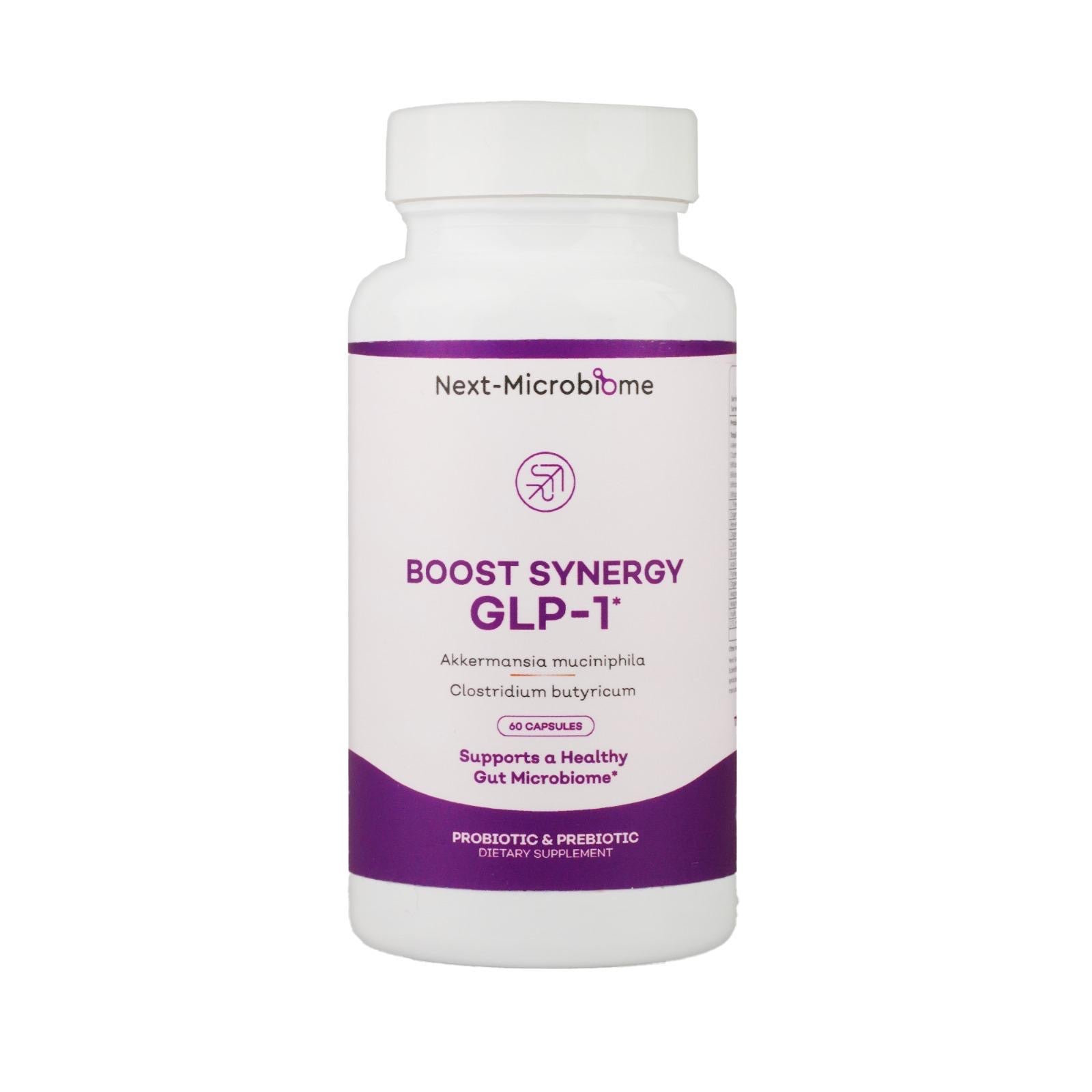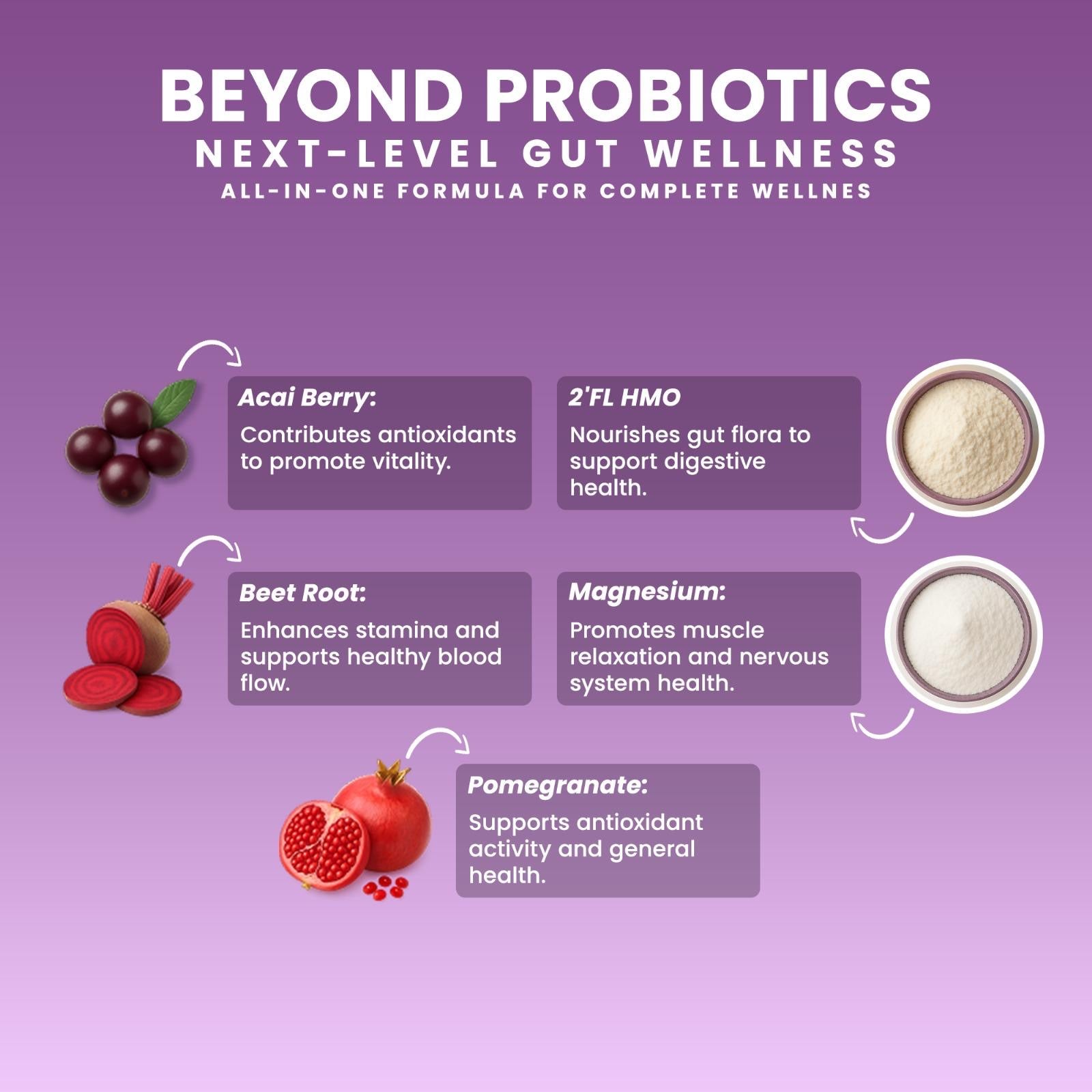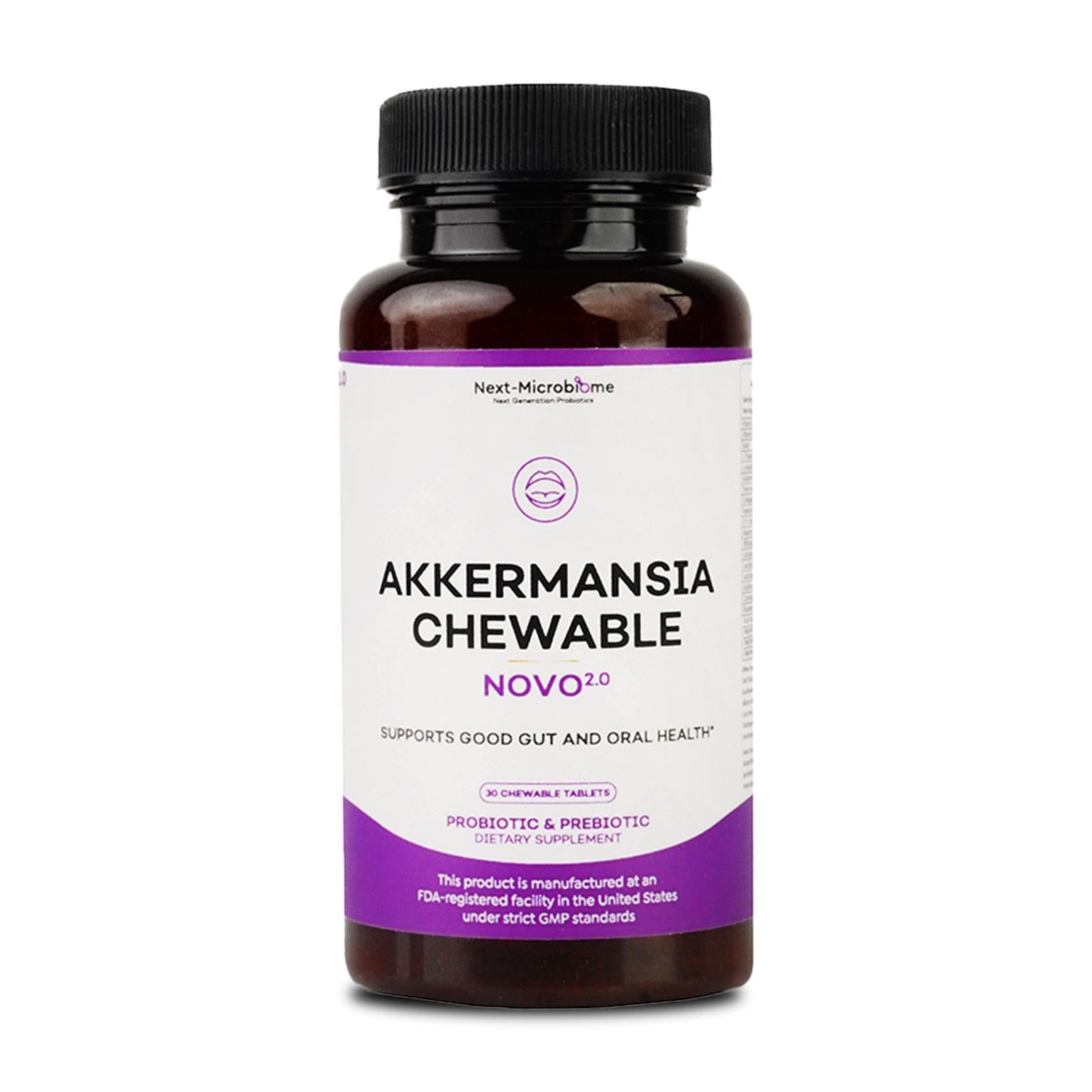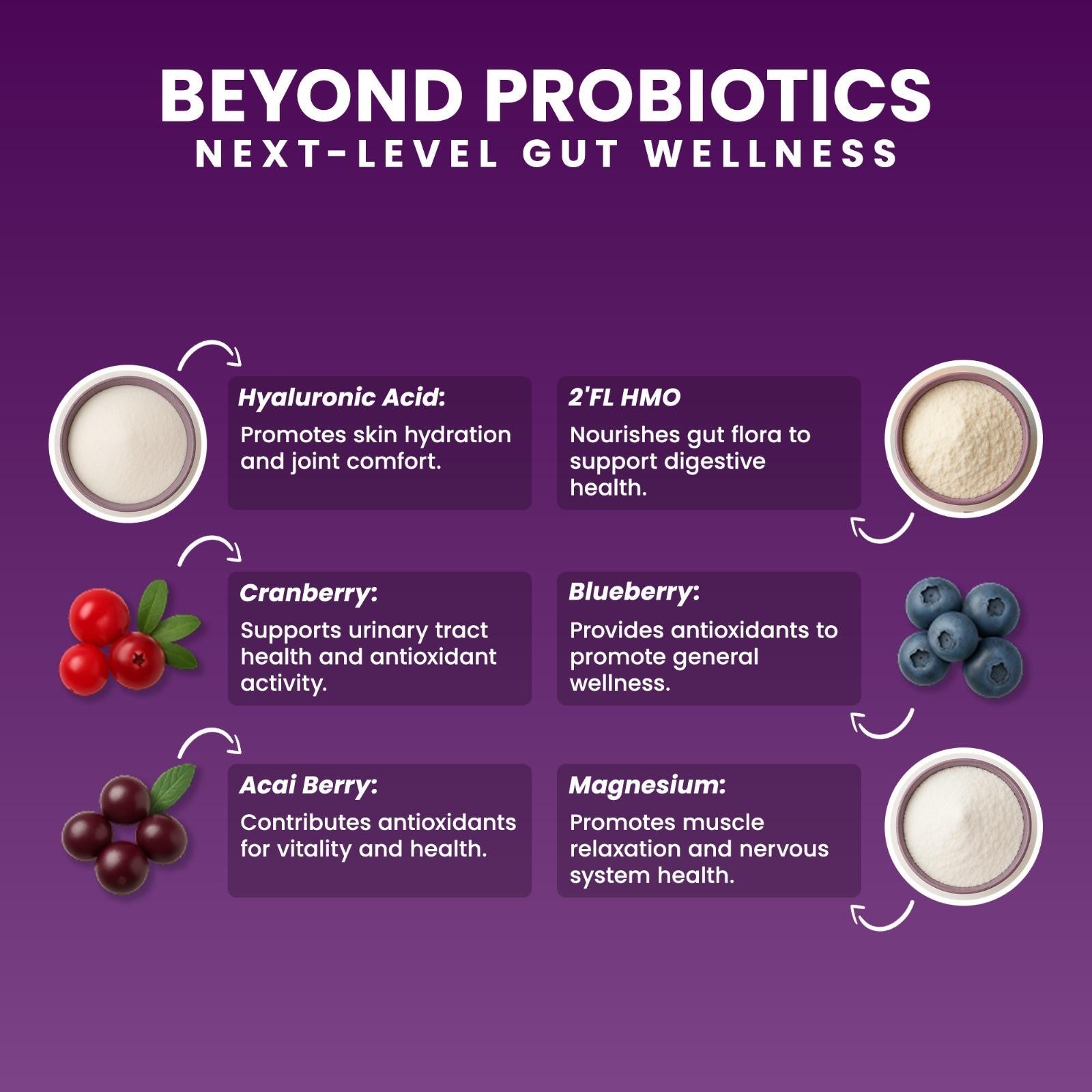
How to Boost Your Child’s Gut, Immunity and Mood
Child Microbiome Development: Boost Your Child’s Gut, Immunity and Mood
“What is Microbiome?” This is the first question which should be asked to understand the human body and healthy life. The human body hosts trillions of microorganisms, collectively known as the microbiome. These microorganisms—including bacteria, viruses, fungi—primarily reside in our gut but also exist throughout our body, such as on our skin and in our mouths.
A child's microbiome starts forming at birth, deeply influencing their emotional and physical well-being throughout life.For instance breastfeeding is one of them and it significantly boosts microbiome health by supplying crucial beneficial bacteria like Bifidobacteria and Lactobacilli, important for digestion and immune health. In contrast, formula-fed infants often develop distinct microbial communities, highlighting breastfeeding's critical role in gut flora development. Thus, understanding child gut health from the earliest days is key to raising a healthy and resilient child. Parents seeking a comprehensive guide to their child’s gut microbiome will discover that the earliest stages of life play the most critical role in shaping gut health, immunity, and overall well-being

What Shapes Child Microbiome
A child's microbiome development begins the moment they are born. Newborns acquire microbes from their mothers, environment, and caregivers. Delivery method dramatically shapes their initial microbiome and sets the foundation for future immune strength and metabolism:
Vaginal Birth: Babies receive beneficial maternal bacteria from the birth canal.
Cesarean Birth: Infants primarily acquire skin bacteria, making probiotic support even more important to improve child gut health.
Breastfeeding significantly boosts microbiome health by supplying crucial beneficial bacteria like Bifidobacteria and Lactobacilli, important for digestion and immune health. In contrast, formula-fed infants often develop distinct microbial communities, highlighting breastfeeding's critical role in gut flora development.
Example: Emma observed fewer digestive issues in her breastfed second child compared to her formula-fed first child, showing breastfeeding's clear benefits for gut development in children.
Key Factors Influencing Child Microbiome
Several key elements shape a child's microbiome:
-
Birth Method: Influences the initial good bacteria such as bifidobacterium and akkermansia
-
Diet: Nutrients and probiotics from breast milk promote microbiome diversity.
-
Antibiotics: Early antibiotic exposure can disrupt gut microbiome balance and affect children’s digestive health.
-
Environmental Exposure: Interaction with diverse environments, nature, and pets enriches microbial diversity and helps build a strong child gut microbiome.
-
Genetics: Genetic factors influence microbiome resilience and composition.
Example: Liam's active, pet-friendly childhood led to a stronger immune system compared to his urban-raised cousin. This example highlights the benefit of early exposure to microbes in natural environments for microbiome support in children.

Healthy Microbiome Matters for Physical Health
Immune System Health
A robust microbiome helps identify harmful pathogens, reducing allergy, asthma, and autoimmune risks. A healthy microbiome in children is directly linked to lifelong immune system strength.
Study: Early Life Microbiome and Allergic Diseases
Example: Ava experienced fewer allergies due to careful antibiotic use and probiotic-rich diets. This shows the impact of early life probiotics for children on immunity and is a key aspect of children’s digestive health support.
Digestive Well-being
Balanced microbiomes improve digestion, preventing gastrointestinal issues like IBS, constipation, and diarrhea. Maintaining child digestive health starts with microbiome care using prebiotics and probiotics for children.
Example: Jake's digestive issues decreased after incorporating more fiber-rich foods and child-friendly probiotics.
Metabolic Function
Healthy early microbiome development reduces risks for obesity, diabetes, and cardiovascular disease. Microbiome-friendly diets in childhood support metabolism regulation into adulthood and can guide how to improve child gut health over time.
Example: Sophie maintained healthy weight throughout life due to early dietary diversity and probiotic support.
Emotional and Mental Health Advantages
Mood and Emotional Stability
The gut-brain axis directly connects gut health to cognitive and emotional stability. Good Gut bacteria help produce serotonin and dopamine, crucial for emotional balance and mood regulation in children.
Example: Oliver had fewer anxiety symptoms than peers due to early probiotic exposure. This showcases the power of probiotics for children's mental health and highlights how early microbiome care for kids can shape emotional health.
Enhanced Cognitive Development
A diverse microbiome supports cognitive functions such as memory, attention, and learning. Promoting child gut health through diet and lifestyle contributes to sharper mental performance.
Example: Mia's improved diet noticeably enhanced her academic performance and concentration.

Better Stress Management
A balanced microbiome modulates stress hormones, reducing susceptibility to chronic stress and anxiety in children.
Example: Ben’s active, microbiome-friendly lifestyle boosted his resilience to stress. Encouraging microbiome diversity for kids enhances their emotional resilience and supports long-term emotional well-being.
How Support Your Child’s Microbiome
Probiotic and Prebiotic Supplements
“How does probiotics work?” Basically, probiotics restore beneficial gut flora, particularly after antibiotics or illness. “Should I take probiotics for my child?” The answer is yes but pairing probiotics with prebiotic-rich foods (fruits, vegetables, whole grains) amplifies benefits, creating strong microbiome synergy.These strategies represent some of the best probiotics for kids’ gut health.
Boost Synergy is an effective probiotic formula combining multi-strain and high strain probiotics and targeted prebiotics designed specifically for comprehensive microbiome support. You can also buy Boost Synergy like any other supplements on Amazon via this link.
Diet and Lifestyle Tips:
-
Incorporate diverse, fiber-rich foods into meals.
-
Limit unnecessary antibiotic use.
-
Encourage regular outdoor play and interactions with pets.
-
Maintain balanced diets rich in probiotics and prebiotics.
These child microbiome support strategies build a strong foundation for future health.
Build Lifelong Health by Caring Microbiota
Prioritizing microbiome health from early childhood is crucial for long-term physical and emotional wellness. Supporting microbiome health through informed dietary choices, mindful health practices, and encouraging natural environmental interactions significantly enhances children's long-term well-being.
This proactive approach not only builds resilience against chronic illnesses but also promotes emotional stability, cognitive function, and overall quality of life.
Investing in your child's microbiome today ensures their ability to thrive emotionally and physically throughout life. By nurturing microbiome health early, parents and caregivers are contributing to healthier generations, brighter futures, and stronger communities. Embrace microbiome care now to secure lifelong health and happiness for your child.











